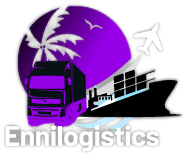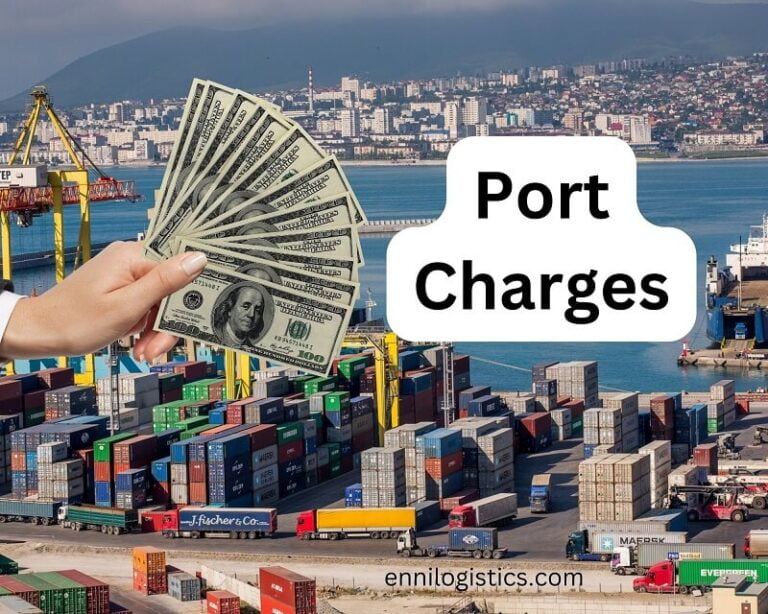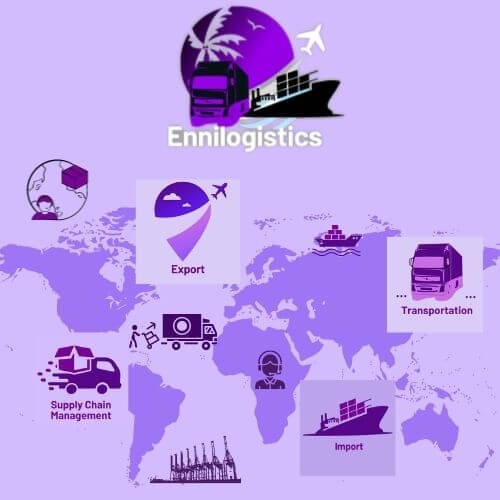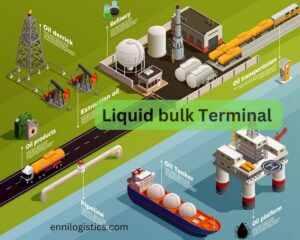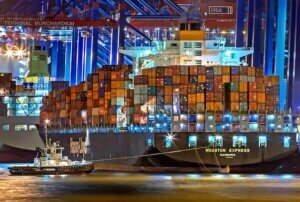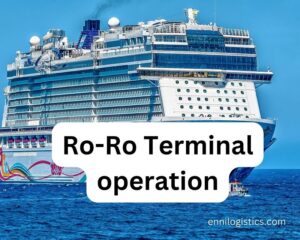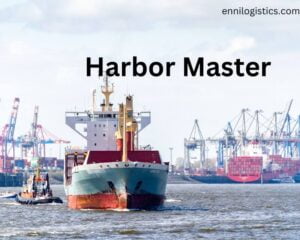There are many types of charges applied for shipping. Here we are going to identify that port charges and dues which are essential to know in maritime shipping.
Main principles for guiding to port pricing or port charging?
- Encouraging quick and efficient usage of port facilities.
- Maintaining a level of service and quality of service in a port.
- Being a competitive port at all times.
- Pricing as a marketing tool of the port.
- Acting as a government contributor.
- Differentiations of the services provided by ports.
What is the main port charging basis for vessels and cargo?
Vessel
- Gross tonnage of a vessel
- Duration of the usage of port facilities
- Size or length of the vessel
- The tonnage of cargo weight or measurement whichever is greater.
Container
- Size of the container
- Status-transshipment or local
- Types-general purpose or other
- Special purpose: dangerous or hazardous cargo, reefer container
- Empty or laden
- Box prices
Vehicle
- Type of the vehicle: car/truck/lorry/van
- Status – transshipment or local
- Cargo
- Size: measurement or weight whichever is greater
- Status-transshipment or local
Port chargers?
When you import something that total cost will affect port chargers also. In the shipping some of the hidden chargers are available, we can’t predict them, but we can know about the chargers for some chargers are necessary while some chargers can be avoided.
Port dues are a way of recovering the cost of port conservancy services. Such as dredging, construction, maintenance of breakwater, etc.
Who is liable to pay: vessel owner/shipping line/local agent of the shipping line
To whom pay: relevant Port authority as a levy
What is the basis for port dues for the ship or vessel? Gross tonnage of the vessel and time duration of the stay in the port
Why you need to pay port dues-For the maintenance of navigational aids and ensuring safety within port water.
What are the marine services provided by the port and what charge for vessel agent liable to pay?
- Navigational services-harbor master’s section
- Pilotage fees-according to vessel gross tonnage and time duration
- Tug chargers- according to vessel gross tonnage and time duration
- Water supply from the water boats-charging according to the volume of the water and distance
- Ship bunkering
What is the main type of chargers for container operation at the port?
- Stevedorage chargers/re-stow chargers
- Dockage
- Store rent
- Lift on Lift off
- other
What is the meaning of stevedoring?
Stevedoring is the process of loading and unloading cargo or containers from a vessel.
What is dockage?
It is a recovery cost for port infrastructure and maintenance. Such as building, quay,dredging, etc.
who is liable to pay dockage?
vessel owner/local agent/shipping line
why need to pay dockage?
for the usage of space and infrastructure alongside the berth
what are the base on dockage charges?
based on the size of the vessel or registered tonnage and time duration of the stay
Port charges for containers?
In this section, we are going to identify what port chargers affect containers. Port or terminal handling charges incurring to containers also. Port handling service chargers are needed to pay the relevant port authority while other chargers of shipping such as demurrage and penalty chargers need to pay for port authority a relevant shipping line or shipowner.
When considering essential chargers for the containers in the port as below,
- Port handling chargers,
- Terminal operational chargers
- We can avoid some charges such as demurrage and detention.
- Next, we will identify port chargers that are common for container shipping.
Wharfage
Also known as cargo dues or goods dues.
It is a terminal charged for goods loaded or unloaded.
Who charged by wharfage?
The terminal operator is charged by wharfage.
From whom is liable to pay wharfage?
The shipper is liable to pay wharfage.
Purpose of charging wharfage?
A s a fee for using the terminal infrastructure and equipment of the terminal operator.
Most of the time wharfage charge is applied at the port of origin and destination port and also where the port or terminal goods load and unloading are to be done. It is charged for usage of the wharf only.
The wharfage charge is different from terminal to terminal and port to port. It is usually a fixed annual rate that is published by the port or terminal operator. but it varies with the terminals and ports.
1. Wharfage for containers
It is a levy that is incurred from the loading or unloading of containers.
These chargers vary from port to port. as well as terminal to terminal.
The calculation is based on the weight, volume, or amount of the goods, and also it varies with the type and nature of the goods.
For example:
Wharfage charges vary for dry cargo and liquid cargo.
Additional charges will apply for dangerous or hazardous cargo.
2. Terminal handling charges
Commonly known as THC.
Collected by terminal operators.
For the loading, unloading, from the vessel, and also storing, any other movement of the container at the terminal, at the wharf, or container freight station.
For the transshipment container also charge terminal handling chargers.
Paid by shipping line directly
However, the shipper and consignee decide who will apply for THC according to the previous agreement and incoterm.
3. Storage charges in port
These charges are applied for the purpose of space occupied by the container in the terminal yard, warehouses, or container yard.
The storage period is considered as – from the container entering into the storage facility area and ending with take out from the storage area.
If you could load or unload the cargo before the free days of port, you can avoid the storage chargers. However, you could not release the container before the free days due to congestion of the port or any other factor you need to pay storage charges.
4. Early arrival chargers
When exporting goods, containers should come into port as scheduled time duration, if it is too early you have to pay early arrival charges as a fine. Because early arrival makes more tasks for port authorities like storage and congestion of the containers. That’s why port operators charge early arrival chargers.
5. Late arrival chargers
It is the same as the early arrival charges, actually, it is the opposite of the early arrival charges. Because late arrival charges apply when a container is later than the scheduled time.
6. Lift on/lift Off charge
Each and every container need to loaded and unloaded from the vessel so some of the ports are charge lift-on / lift-off charge as an additional fee.
7. Amendment or cancellation chargers
If you want to cancel the arrival of the container you need to pay cancellation charges. If you need to do some amendments to the container route it may add or remove the port you will charge amendment charges.
8. Demurrage
The shipping industry used the term demurrage. The meaning of demurrage is If any case exceeds the agreed time of the loading or unloading process charter party company needs to pay the shipowner a penalty.it‘s called demurrage.
Further details of demurrage you can be read here
9. Detention
It is a fine for exceeding free time of the agreement with the shipping line or container owner out of the terminal till returning the container.
further details of detention you can be read here
Method of avoiding port chargers for containers?
- Proper planning and negotiation
- Tracking of your containers
- Proper management of documents
- Use SOC(shipper-owned containers) containers to avoid demurrages and detention.
What s the meaning of wharfage?
The meaning of wharfage is the provision of a wharf or use of the wharf. Wharfage charge is for use of a wharf and handling or stowing of cargo or containers on a wharf.
What are the port charges paid by the importer?
- Landing and delivery charges(wharfage)
- Rent for storage.
- Chargers for heavy lift
- Extra handling chargers-Movement of laden containers, mounting and demounting laden containers, stuffing, and de-staffing containers, examination, etc.
what is the difference between wharfage and dockage?
Dockage is charged for using the dock.
Wharfage is charged for using a wharf for loading and unloading goods from vessels.
You may also like to read,
What Is Demurrage? Detention / Laytime / Despatch
What Is Logistics? Explain With 7 Rights Of Logistics
Charter Party Contract In Shipping (Bareboat Or Demise/Voyage/Time)
Bill Of Lading: Everything You Need To Know
Do you know the main types of cargo?
what is Bonded warehouse: Everything you need to know
A more powerful place in maritime shipping: port(types, facilities, functions)
